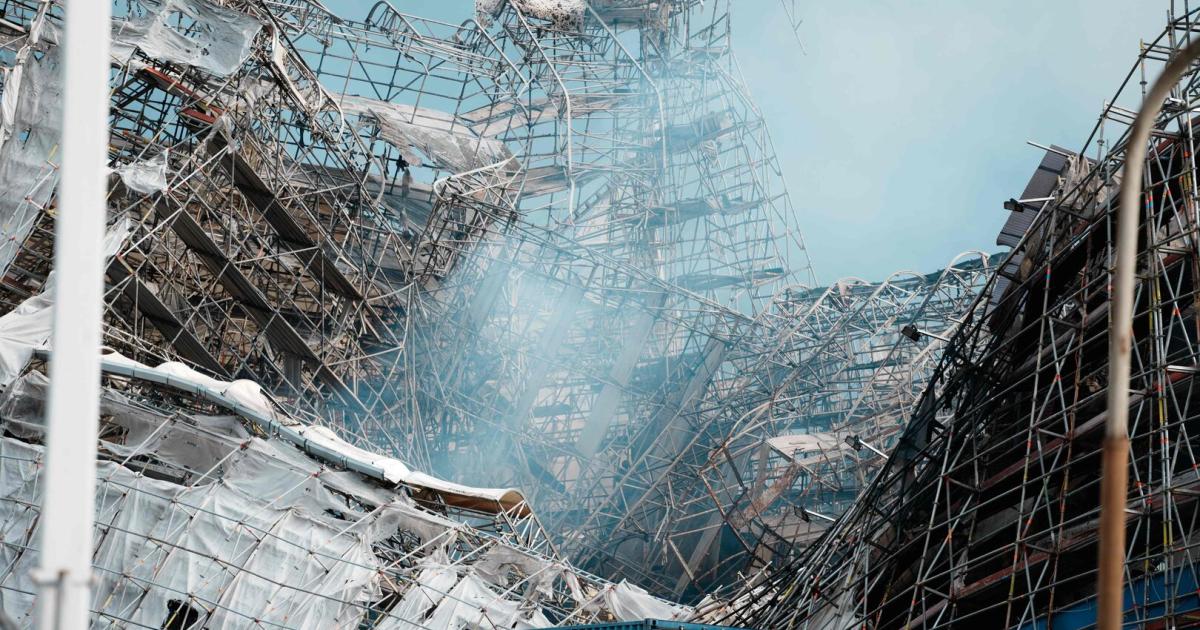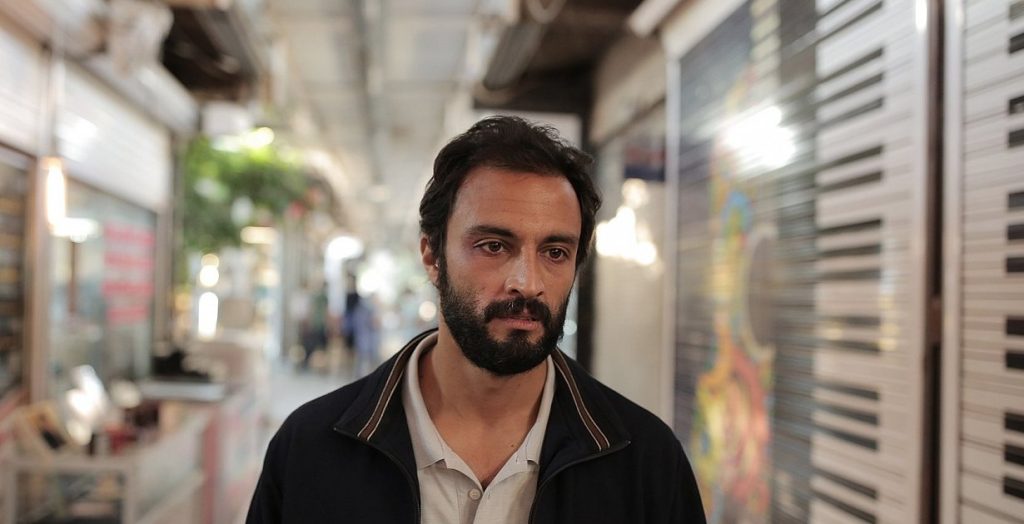Rahim (Amir al-Jadidi) is imprisoned for a sum of money that he cannot repay. During his two-day desertion from prison, he tried to convince his creditor (Mohsin Tanabandeh) to drop his lawsuit in exchange for a partial payment. But things are not going as planned. Then his girlfriend Farkhondeh (Saher Goldust) finds an abandoned bag of gold coins at a bus stop. The question with regard to Rahim: did he keep it and pay his debts, or did he return it to the rightful owner? Rahim chooses the latter and overnight becomes a darling and a star in the media. But his image soon gets scratched. Iranian Asghar Farhadi weaves a fascinating image of modern Iran in Hero (in cinemas starting Friday).
Vienna newspaper: “Hero” takes place in Shira, which is very important in Iranian culture. But we don’t see much of the city in the movie, and the story takes place in everyday indoor spaces like cars, homes, and offices. What is the reason for this?
Asghar Farhadi: Also, when I was shooting my films in Paris, we didn’t go to the tourist places, the story determines the locations I choose. And because this is a true story, we are mostly in the lives and homes of these people. Shira is a city loved by Iranians and respected by all for its history. But even in this film, we do not look at historical sites, except for Naqsh-e Rustam at the beginning of the film, which is important for the plot. Naqsh-e Rustam is truly one of the most important archaeological sites around the world. I didn’t want to start out on a tourist site, I wanted it to be heavily woven into the fabric of the movie.
It’s interesting how you always distribute information differently to viewers in your movies.
How and when information is conveyed to the public can have different effects. In the “seller” the information was distributed in such a way that it formed a mystery, a mystery. But in “Hero” this is done in such a way that ambiguity arises. I didn’t impose this ambiguity, but the story itself naturally demanded it. Each of us knows that: it seems that nothing is clear in life. Everything is vague. At first we feel like we know Raheem. All the decisions he makes are clear. But then, the more we got to know him, we discover that all of his decisions were, in fact, vague.
Why did you choose the title “Champion”?
When we hear the word “hero” we think of a character who always makes decisions. Fans love characters like this. But in real life, it is not like that at all. We have a hero in our movie who can’t make his own decisions and nobody wants to trade places with him. This character is negative, but at the same time we sympathize with her because we understand her mainly: a merciful embellished by others as an important person, a heroine. And everyone is asking him to change so that he can better develop into this hero role.
What role does social media play in your film?
When I wrote the story, I didn’t really think it would be about social media. But after realizing that this was the story of a guy climbing high too fast and falling too low faster, I thought about the tools that could make this rollercoaster ride possible. Besides newspapers and television, social media is perhaps the most important means of communication today and provides everyone with the opportunity to present themselves or belittle others. Social media also has its good sides: for example, it helps us hear voices that we didn’t hear before. But since there are so many voices on social media, it was pre-approved for the misunderstanding. Social media tries to explain a very complex situation with very small items and in a few words. Then you can no longer quickly discover what is right or wrong.
Why do people lie?
Think wrong: What happens when everyone tells the truth? In our society, telling the truth is often more dangerous than lying. It depends on the environment we live in. Some people lie without even knowing they are lying. They left part of the truth behind, and then they didn’t call it a lie. Sometimes people believe a lie so much that they feel it is the truth. When people lie, they often think they are telling the truth. Watch “Rashomon” and Kurosawa talk about this very topic. It answers your question. Basically he said about every situation that there are always many different points of view about it. Some of them may be true. But some of them may be wrong. We can only see the situation with our own eyes. In the end, everyone has their own truth, so to speak.

“Travel aficionado. Certified problem solver. Pop culture guru. Typical writer. Entrepreneur. Coffee trailblazer.”







More Stories
Megan Fox goes without makeup
Prince William returned after Kate was diagnosed with cancer
Illustrated book Soft Power in Innsbruck – fm4.ORF.at